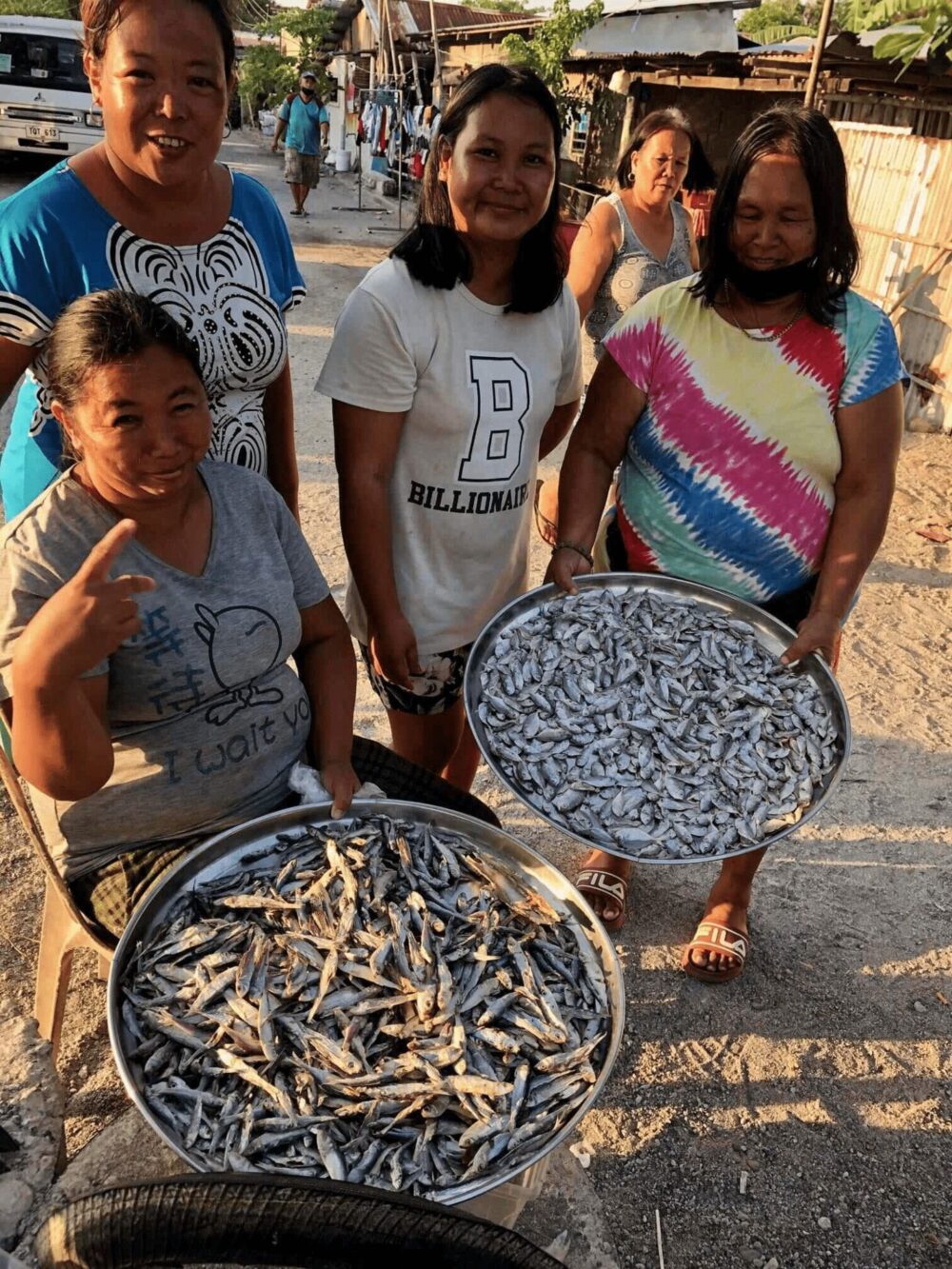Filipino farm and fisheries produce marketplace Mayani has secured $1.7 million in seed funding.
- The round was led by AgFunder’s Singapore-based Grow Impact Fund; Mayani participated in the Grow Impact Accelerator in 2021.
- Multiple early-stage investors joined the round including Singaporean VC firms Atlas Ventures and Accelerating Asia Ventures.
- Australian blue economy-focused firm Ocean Impact Organization, South Korean seed investor TheVentures, Philippines’ Ideaspace Foundation, US-based Unlock Capital Fund I, as well as Plug and Play Ventures joined the round.
- Angel investors included the Jimenez family, who is a major shareholder in the Philippine TV network GMA Network, and the families behind the Malaysian conglomerate OSK Group and Philippine retailer Abenson Group.
- The funding, which closed last year, was used to expand Mayani’s supply chain operations, widen its team and set up a farmer engagement division to enlarge its farmer footprint.
Why it matters
The Philippines has the fourth longest coastline in the world, which spans over 34,000 kilometers. It’s also one of the largest fish-producing countries globally with a long-standing history of aquaculture, a sector that contributes around 20% of gross value added (GVA) to the country’s agricultural industry, and nearly 2% of the country’s total GDP, a measure of a country’s wealth.
Given its significance and the inherent seasonality of the industry, demand and supply can vary widely throughout the year. For instance, fish tends to be over-supplied during peak seasons, leaving room for post-harvest losses due to the perishable nature of the catch, according to an article published in the Philippine Journal of Fisheries
Over-supply also leads to a drop in price and translates to lower incomes for fisheries, which can in turn, ironically, create food insecurity.
The company’s cofounders built Mayani to create market access to farmers and fisherfolk, JT Solis, co-founder and CEO of Mayani tells AFN. The startup ‘captures this nuance of the Philippines,’ he adds.
Operating as an e-commerce platform for both consumers and businesses, Mayani’s catalogue lists a variety of ag produce, not just seafood, including vegetables, poultry, coffee, and fruits.
Its B2B business is currently its core revenue generator and more focused on fish, providing what it calls ‘sustainably produced’ fish to around 500 food service providers, international hotels, food processors, and other institutional buyers.
“For us, it’s all about bridging recurring institutional demand with fragmented supply,” Solis says. “We’ve been seeing several marketplaces positioning themselves more as consumer internet companies. But for us, we’re opting for a multi-level model, which for us really fits the Philippines market and its realities here, which is an agri-fisheries supply chain model.”
Economics aside, Solis says the B2B route could be foundational in unlocking adjacent services for the now 139,000 small-scale farmers and fisherfolk it works with, such as input and credit provision.
“We envision a Philippines where farmers and fisherfolks lead better lives because of technology. We want people to see that farming both land-based and sea-based would actually be a viable pathway for them as a career in agribusiness,” Solis tells AFN. “We want to be able to boost rural incomes and see, from a broad perspective, our contribution to the GDP of the Philippines. I think if we were able to move that needle, in terms of the agri fishery sector, I think that will be a huge win for us already.”
What they’re saying
“At no other point in recent history has the discussion about food security and food resilience been more critical. In the face of increasingly severe climate and supply shocks over the past few years, attention to these issues has only continued to grow. This is a global concern, and Southeast Asia has established itself as a region with much to contribute to food system transformation,” said John Friedman, Asia Director of AgFunder, at the recent Philippine AgriFoodTech Summit organized by AgFunder, Mayani, and RCBC.
“We see a wave of fresh ideas arising from Southeast Asian entrepreneurs, with Mayani in the Philippines in a prime position to drive digital transformation at a scale that can deliver immense and long-lasting impact on the sector,” Friedman added.
Jeff Barreiro, Mayani’s founder and executive chairman also said, “Ever since we started in 2019, we galvanized this collective conviction that we’re really solving meaningful problems here in the agri-fisheries sector and its $9 billion output value. Starting with access to the market, securing our moat through an ecosystem approach, and then indexing on the various data points from there to sequentially unlock possible adjacent opportunities in agri-inputs and trade credit. We’re building the bedrock upon which we could drive more traction and positive impact.”





